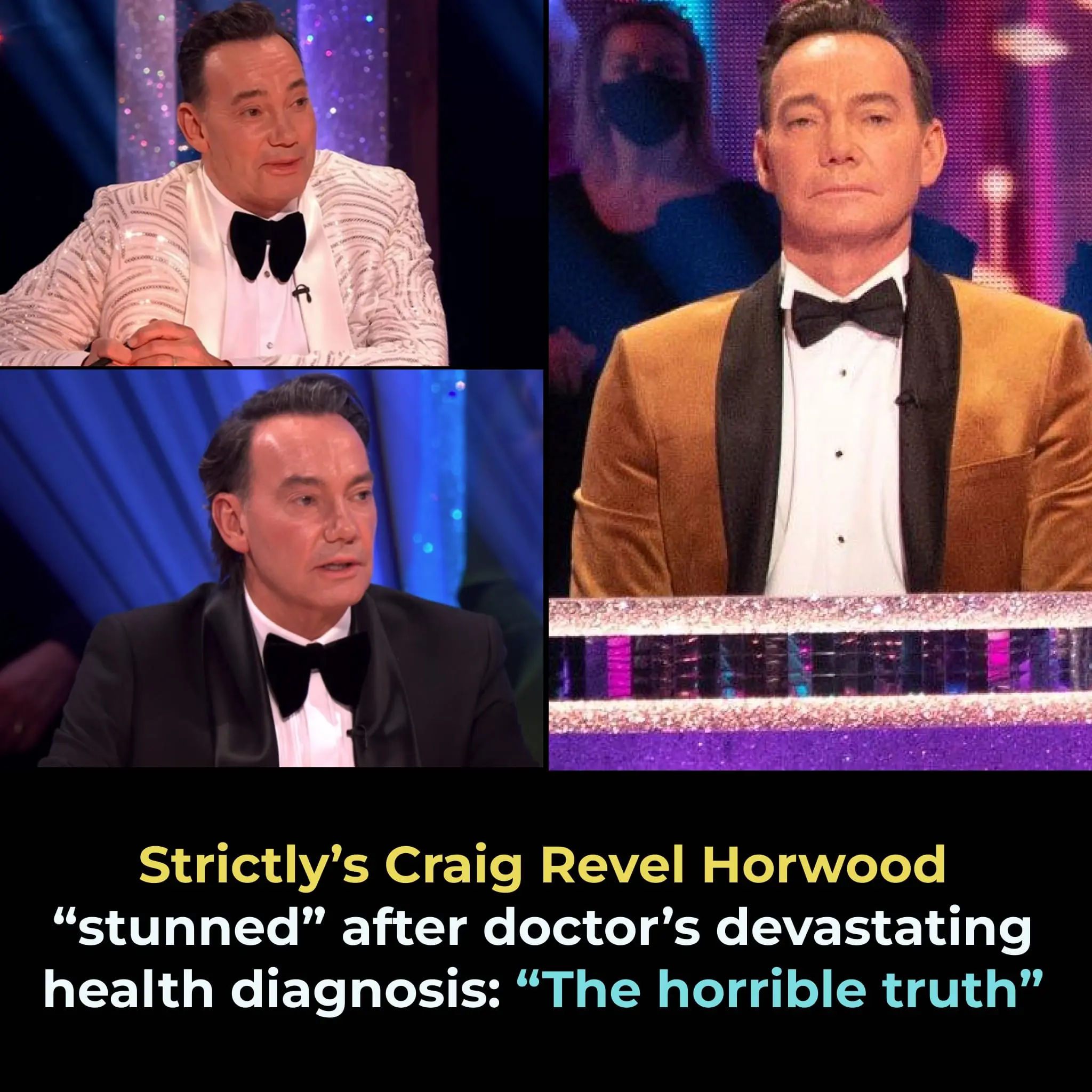
My Neurologist Says, No Frontotemporal Dementia!!!

A leading neurologist has reportedly determined that Wendy Williams does not have the medical condition — frontotemporal dementia (FTD) — that a judge has cited to justify keeping her under a highly restrictive guardianship for more than three years.
According to sources with direct knowledge, Williams recently underwent a comprehensive battery of neurological tests in New York City. The neurologist’s findings, shared with her legal team late last month, indicated no evidence of frontotemporal dementia.
Conflicting Diagnoses
This new evaluation starkly contradicts the earlier diagnosis used to establish her guardianship. Wendy’s court-appointed guardian, Sabrina Morrissey, previously asserted that Williams had tested positive for FTD. Frontotemporal dementia is a degenerative brain disorder affecting the frontal and temporal lobes, which govern behavior, personality, and language — and, according to multiple experts, FTD typically worsens over time, not improves.
However, supporters of Williams note that since she became sober three years ago, she’s demonstrated “remarkable neurological resilience,” suggesting that her cognitive abilities have stabilized—or at least not declined in a way that would align with a progressive neurodegenerative disease.
Legal Fallout
Her legal team is reportedly preparing to file new court documents within the next two weeks, seeking a hearing to terminate her guardianship. If the judge resists lifting the guardianship, Williams’s attorney, Joe Tacopina, is said to plan for a jury trial, asking jurors to “free Wendy.”
On the other side, Morissey has long maintained that Williams is “cognitively impaired and permanently incapacitated,” a claim central to her control over Wendy’s personal and financial affairs.
Williams’s Perspective & Living Conditions
Williams has repeatedly spoken out against the guardianship. In a January radio interview on The Breakfast Club, she insisted, “I am not cognitively impaired … I don’t have frontotemporal dementia,” while describing her situation as being trapped: “I feel like I’m in prison.” She also claimed her living conditions are isolating—she stays in a memory-care unit, eats meals in her bed, watches TV, listens to the radio, and rarely sees her family.
Her public complaints have drawn attention to broader concerns: critics argue that her case highlights potential abuse in the guardianship system, where individuals may be deprived of autonomy under the pretext of protection.
Broader Implications
Wendy’s case is part of a growing debate in the U.S. about the use—and possible misuse—of court-ordered guardianships (or conservatorships). Her situation has drawn comparisons to other high-profile cases, raising fundamental questions about personal freedom, capacity, and the power dynamics at play when a court intervenes in someone’s life.
If the court accepts the neurologist’s latest report, it could dramatically shift the course of the guardianship dispute. Williams and her legal team appear ready to press their case—arguing not only for her medical independence but also for her right to full autonomy once again.
News in the same category


If You See A Bent Tree In The Forest, Start Looking Around Immediately

If You See Someone With This Tattoo On Their Hand, Here’s What It Means

Bear Caesar Finally Freed After Years In Cruel Torture Vest

Man Isolates Himself From Society For Over 25 Years. What He Does Is Beyond Belief

Chilling Final Posts Emerge From TV Host’s 19-Year-Old Daughter Before Her Tragic Death In Los Angeles

Lady Frederick Windsor brands royal family’s lives ‘total hell’: ‘A form of torture’

Good Morning Britain's Ranvir Singh wows in flattering cord jumpsuit that 'fits perfectly'

I’m A Celebrity star backs huge rule change after campmate left “a broken woman”

Roman Kemp vows to get revenge after discovering dad Martin's I'm A Celebrity sabotage

Sam Thompson shares fears over baby plans after introducing girlfriend to family

Better Luck Next Time ... And There Will Be One!!! Didn't Pass Bar Exam

Kelly Brook's movie is 'worst film ever' and it's on Amazon Prime now

‘I Know That Unequivocally Is Not True’: Stephen A. Told Cari Champion I Made You Why Would I Play You, But Jemele Hill Says It Wasn’t Like That

Olly Murs in shock split confession from Amelia: “I was in quite a bad place”

Prince William’s gesture to Sara Cox following incredible news: “The nation’s so proud of you”

Strictly’s Craig Revel Horwood “stunned” after doctor’s devastating health diagnosis: “The horrible truth”

Meghan Markle’s close friend shares emotional message as she announces baby news

Craig Revel Horwood sparks backlash over "harsh" comments to George Clarke following emotional Strictly performance
News Post

Top 10 signs of a BLOOD CLOT in your leg (prevent Deep Vein Thrombosis)

Do not use a sharpening stone on dull scissors. Apply the following method to make the scissors as sharp as new ones bought from the store: Simple but effective

Don't rush to throw away expired or leftover beer. Use it for these 8 things and everyone will praise it

Weeds or Wonders? Discover the Hidden Treasures in These 4 Common Plants

Say Goodbye to Parasites, Cholesterol, High Blood Pressure, and Poor Circulation With This 7-Day Homemade Drink

Drink This 2X a Day to Remove Uric Acid Before it Crystallizes in Your Joints and Becomes Painful

Simple Tips to Fade Freckles for a More Even and Radiant Complexion

5 Effective Ways to Clean Rust, Grease, and Stubborn Stains from Your Gas Stove—Making It Shine Like New

Lower blood sugar naturally by training just 2 leg muscles

Boil eggshells and say goodbye to the …

3 Food Combo to Strengthen Your Heart

Lone Star Tick Bites: Dangers, Symptoms, And Urgent Steps To Take

If You See A Bent Tree In The Forest, Start Looking Around Immediately

If You See Someone With This Tattoo On Their Hand, Here’s What It Means

Bear Caesar Finally Freed After Years In Cruel Torture Vest

Man Isolates Himself From Society For Over 25 Years. What He Does Is Beyond Belief

Chilling Final Posts Emerge From TV Host’s 19-Year-Old Daughter Before Her Tragic Death In Los Angeles

Lady Frederick Windsor brands royal family’s lives ‘total hell’: ‘A form of torture’

Good Morning Britain's Ranvir Singh wows in flattering cord jumpsuit that 'fits perfectly'
